In This Article
- Absence of Current Domestic Champions
- Controversial Qualification Pathway
- Absent Stars and Financial Fallout
- Tournament Hopes Rest on Existing Contenders
- Broader Implications for Football Governance
Key Takeaways
- The revamped FIFA Club World Cup excludes current domestic league champions from Europe's top competitions, despite aiming to determine the world's best club team.
- The tournament's qualification criteria, based on four-year continental achievements, has excluded recent domestic champions like Liverpool, Barcelona, and Napoli.
- Player welfare concerns persist, with FIFPRO threatening legal action against FIFA over the expanded tournament schedule, labeling it 'inherently abusive.'
- The tournament faces commercial challenges, with organizers cutting ticket prices for Inter Miami's opening match due to sluggish sales.
- The event highlights escalating tensions between FIFA and UEFA, with many viewing it as a challenge to UEFA's Champions League dominance.
As the revamped FIFA Club World Cup commences in the United States, a glaring paradox overshadows the tournament: the absence of current domestic league champions from Europe's top competitions. Despite FIFA President Gianni Infantino's assertion that the event will "determine the world's best club team," reigning Premier League winners Liverpool, La Liga champions Barcelona, and Serie A titleholders Napoli are conspicuously absent from the 32-team lineup.
Controversial Qualification Pathway
The tournament's four-year performance-based qualification criteria—designed to reward sustained excellence—has inadvertently excluded recent domestic champions. This framework prioritizes continental achievements from 2021-2024, allowing clubs like Chelsea and Manchester City to qualify based on past Champions League performances rather than current domestic form. However, the system's credibility faced scrutiny when Inter Miami, featuring global icon Lionel Messi, secured a late entry by winning the 2024 MLS Supporters' Shield—a criterion reportedly added after the season concluded.
"I don't think it's healthy for players to only have maybe one week off before such a tournament," commented Liverpool manager Arne Slot, reflecting widespread concerns about player workload.
Absent Stars and Financial Fallout
The omissions carry significant sporting and financial consequences. Barcelona misses out on the tournament's reported $125 million top prize amid ongoing economic challenges, while fans are denied the chance to see emerging superstar Lamine Yamal (17) compete. FIFA's attempt to recruit Cristiano Ronaldo through a special transfer window after Al-Nassr's failure to qualify also raised eyebrows, with the Portuguese star declining offers despite Infantino publicly advocating his inclusion.
Player welfare concerns persist among competitors. The global players' union FIFPRO previously threatened legal action against FIFA, labeling the expanded tournament schedule "inherently abusive." This stance finds support in locker rooms across Europe, where athletes face compressed off-seasons before returning to domestic campaigns.
Tournament Hopes Rest on Existing Contenders
Organizers hope Champions League winners Paris Saint-Germain can validate the tournament's prestige. The French champions headline a European contingent that includes Real Madrid and Bayern Munich among 12 UEFA representatives. Their Group D matches against Brazil's Botafogo and CONCACAF champions Seattle Sounders will test FIFA's claim of enhanced competitiveness.
Commercial challenges loom large despite DAZN's $1 billion broadcast investment. Reports indicate organizers have slashed ticket prices for Inter Miami's opening match against Egypt's Al Ahly amid sluggish sales. The tournament serves as a critical test for U.S. fan engagement ahead of the 2026 World Cup, with Infantino personally invested—his name is engraved on the championship trophy.
Broader Implications for Football Governance
The competition underscores escalating tensions between FIFA and European governing body UEFA. Many observers interpret the Club World Cup expansion as Infantino's direct challenge to UEFA's Champions League dominance. Recent friction included UEFA delegates walking out of a FIFA Congress over scheduling disputes, highlighting institutional rivalries.
As the month-long event unfolds across American stadiums, its legacy may hinge on addressing qualification inconsistencies. Football analysts predict significant format revisions before the 2029 edition, particularly regarding how current domestic success factors into participation. For now, FIFA faces the dual challenge of convincing fans that a "world championship" without reigning national champions deserves their attention.
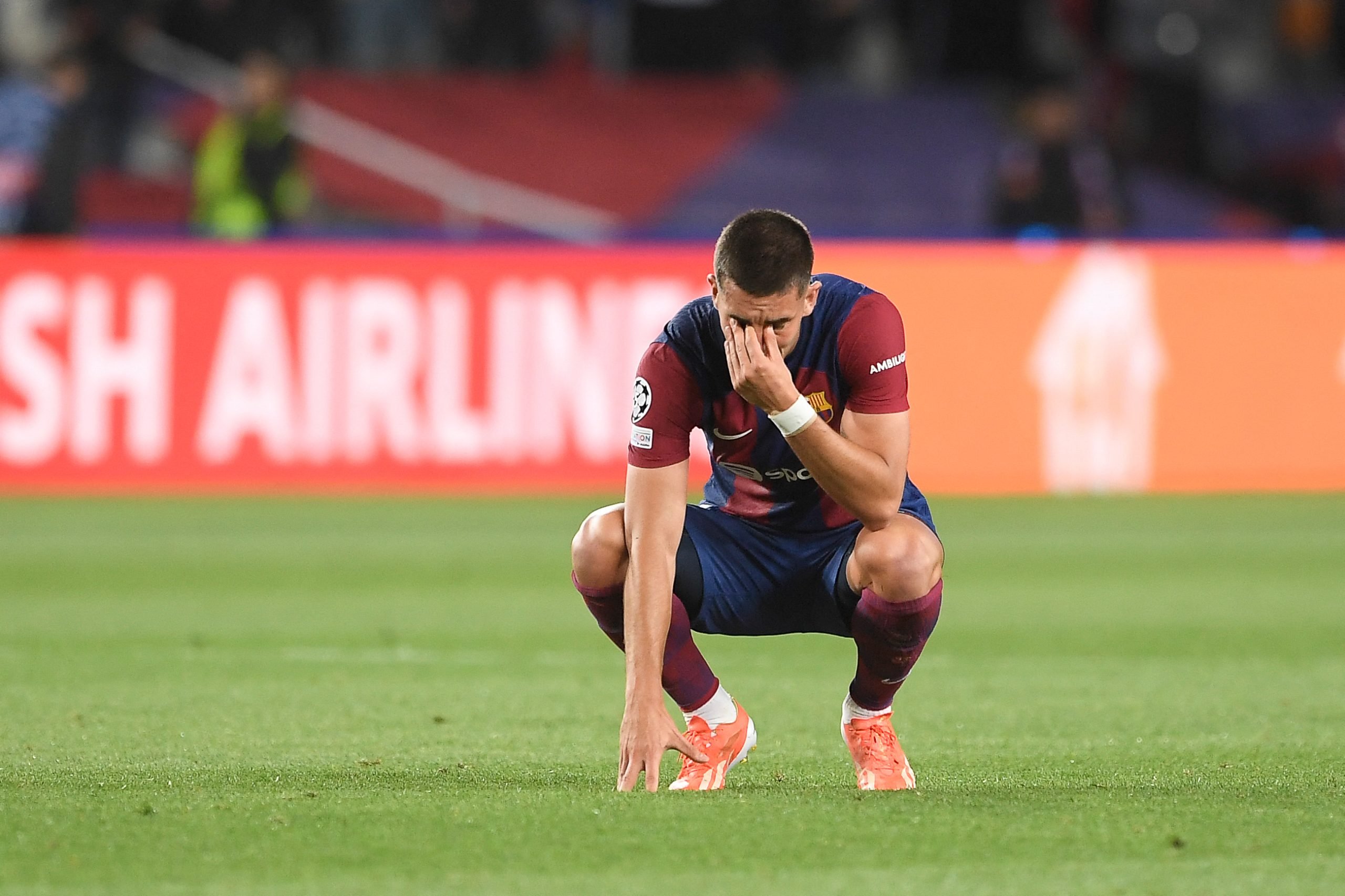
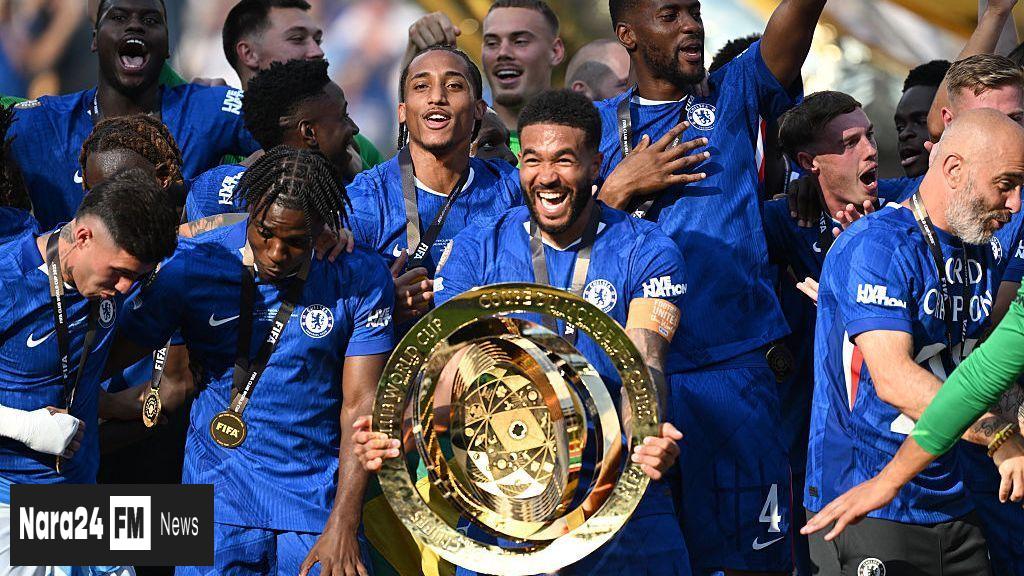
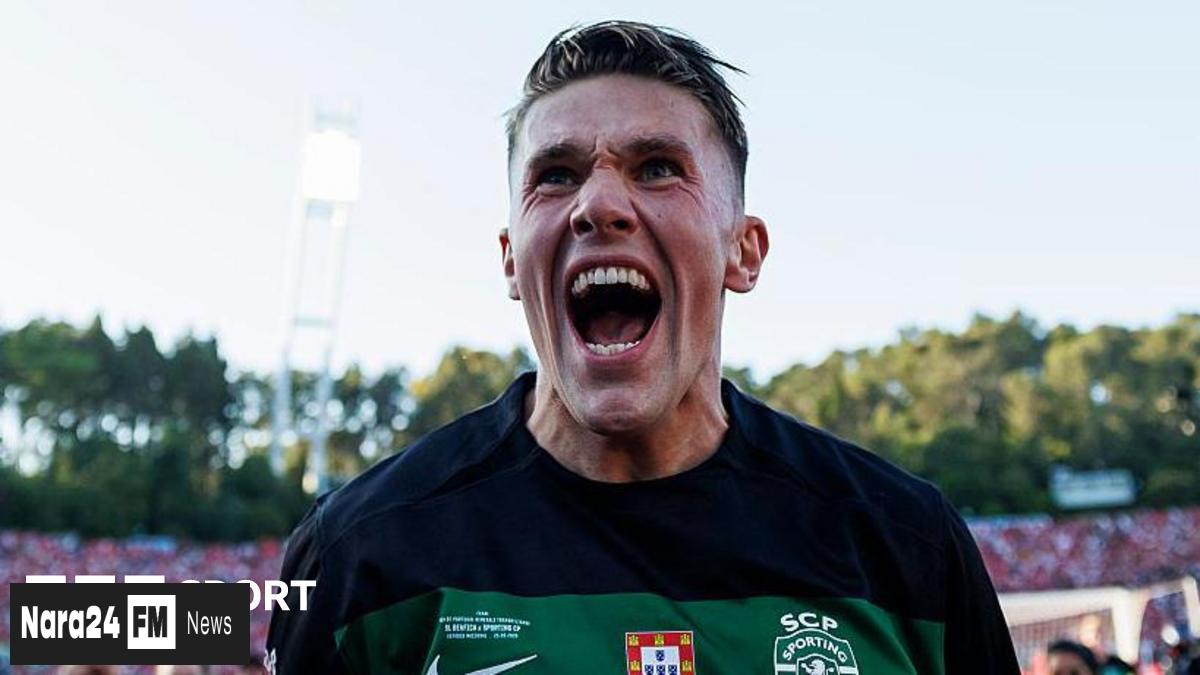
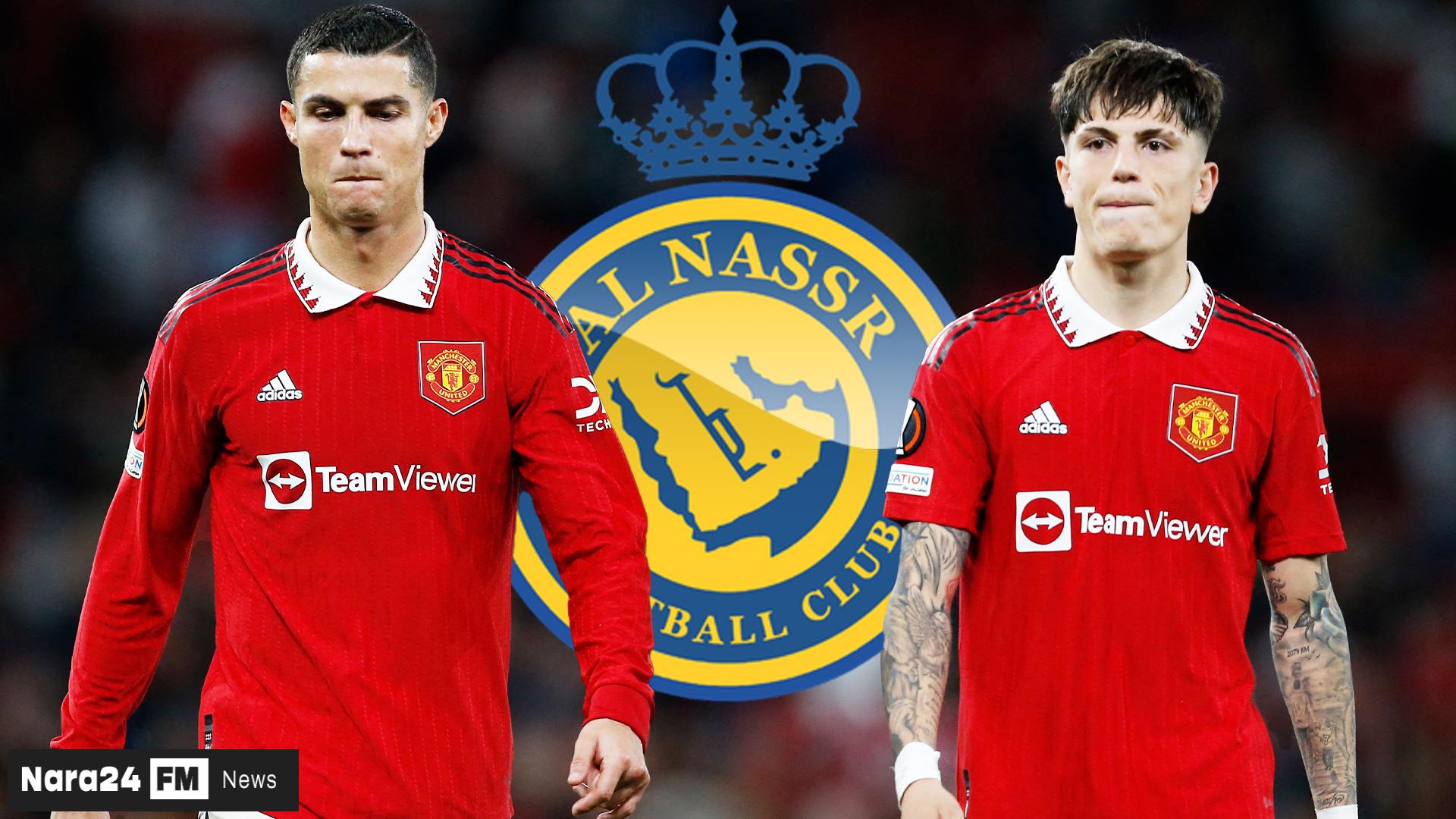


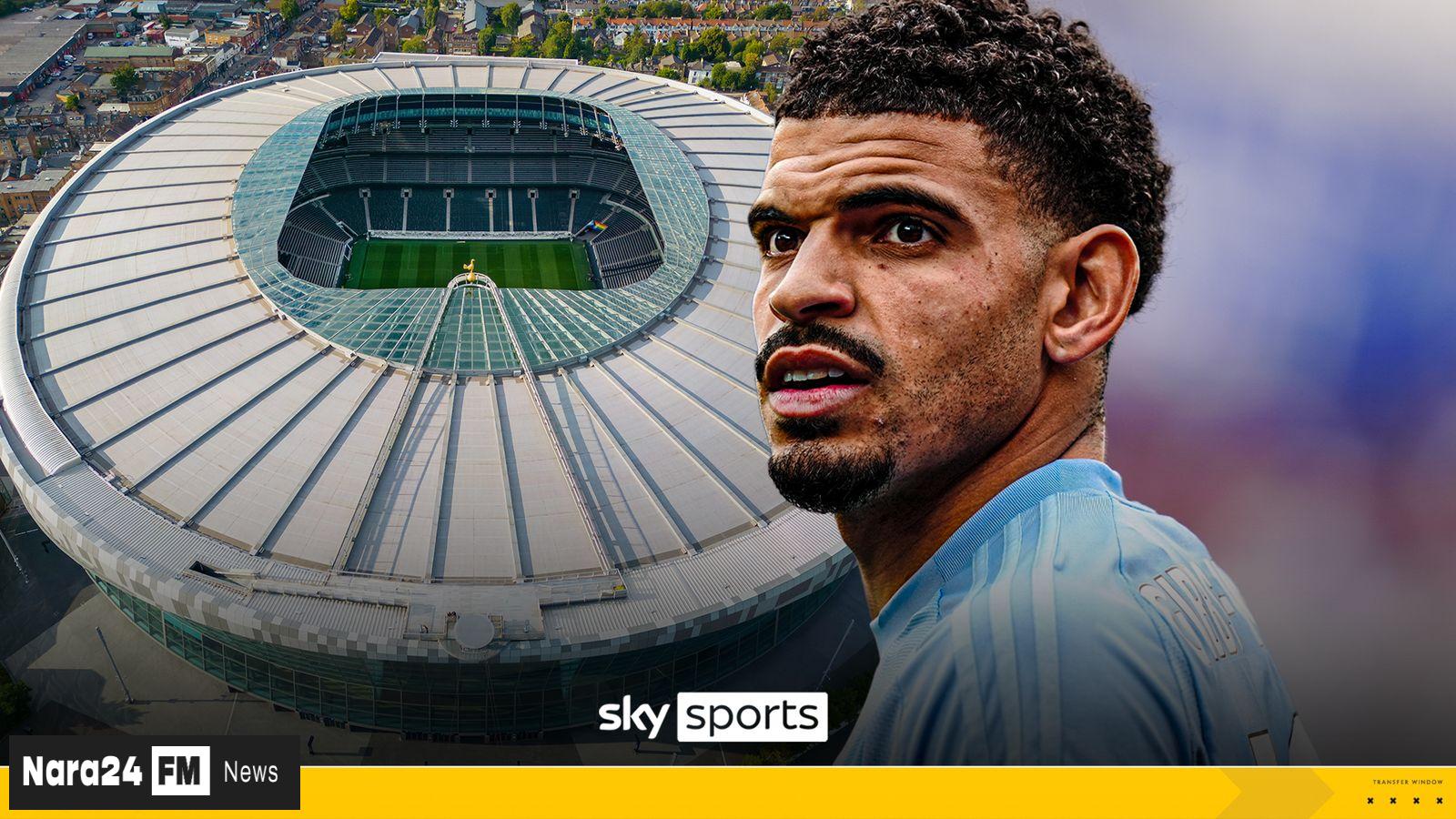

Comments (0)
Leave a Comment
Be the first to comment on this article!